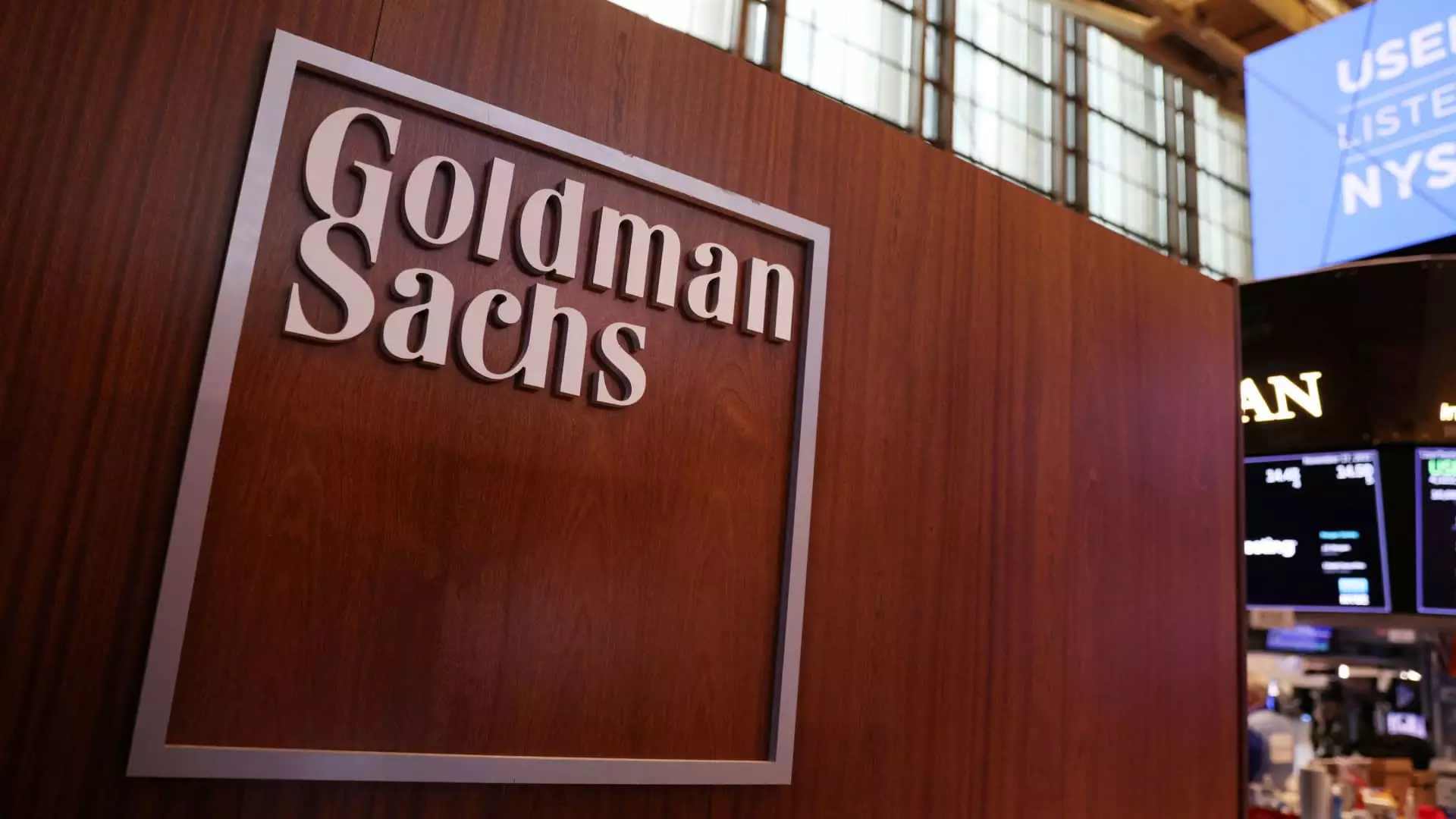Artificial intelligence, long celebrated as the pinnacle of technological advancement, is fast being heralded as the transformative force that will revolutionize sectors from healthcare to finance. The recent adoption at Goldman Sachs, where an AI named Devin is set to replace or augment numerous software development roles, exemplifies this narrative—but it also exposes a reckless overconfidence in AI’s capabilities. The premise that AI will seamlessly integrate into complex financial workflows and dramatically boost productivity is, at best, an overly optimistic simplification. It veers dangerously close to technological hubris, masking much deeper issues around the limitations and societal repercussions of such automation.
Behind the hype lies an uncomfortable reality: AI, regardless of its impressive demos and lofty claims, remains fundamentally a tool created and guided by human engineers. The alluring promise that Devin can independently code entire applications or perform complex multi-step tasks with minimal oversight belies a brittle understanding of AI’s limitations. The technology is still nascent, often brittle, and susceptible to errors that can have catastrophic consequences in high-stakes financial environments. To portray AI as an autonomous, faultless entity is to ignore the nuanced reality that human oversight remains paramount—yet, ironically, Goldman Sachs and others are quick to paint a picture of AI as a near-perfect substitute, potentially endangering the very stability and ethical standards they claim to uphold.
The Illusion of Increased Productivity as a Multi-Fold Gain
It is tempting to buy into grand visions of AI multiplying human productivity several times over. Goldman’s claim of a potential three- or four-fold surge in efficiency is seductive but fundamentally flawed. Technological progress has historically been accompanied by significant social and economic disruptions—not merely advantages. The idea that AI-driven automation will directly translate into wage increases or better working conditions assumes a market that is both flexible and equitable. The truth is, history suggests otherwise: automation has historically led to job displacement, underemployment, and increased economic inequality, especially when driven by firms with little accountability or regard for their workforce.
Furthermore, there is a troubling tendency among tech advocates and financial institutions to conflate technological capability with practical implementation. Devin, operating as a “full-stack engineer,” may showcase impressive demo videos, but those snippets are curated moments designed for marketing purposes. Real-world issues—unexpected bugs, cybersecurity vulnerabilities, bias in code generation—are glossed over in promotional narratives, yet they pose significant risks. Overreliance on such AI systems risks reducing human oversight to superficial supervision, turning experts into mere monitors rather than meaningful contributors.
Corporate Optimism or Delusional Overconfidence?
Goldman Sachs’s decision to deploy Devin, while groundbreaking, raises critical questions about corporate hubris. The bank’s leadership seems enamored with the idea of “augmenting” human labor, but they underestimate the potential costs—both financial and societal. The notion that AI can handle “drudgery” and reduce their engineers’ workload is attractive until one considers what is lost in the process: skill development, critical thinking, and the intangible aspects of human ingenuity that machines cannot replicate.
Investors and executive leaders may be seduced by promises of efficiency and innovation, yet the broader implications are more concerning. The adoption of agentic AI as a standard operational tool in significant financial institutions signals a future where human roles could rapidly diminish. These changes threaten to erode the very fabric of job security and professional growth, worsening economic disparities. The narrative framing AI as a benevolent assistant—quietly handling mundane tasks—masks a deeper reality of its potential to displace very skilled workers who’ve spent years honing their craft.
A Dangerous Leap Toward Automation Without Humanity
The future Goldman Sachs depicts, where humans and AI work side by side, is not inherently dystopian—if it’s managed with care. Yet, the optimism embedded in their rhetoric dismisses the complexities of ethical dilemmas, accountability, and the unpredictability of increasingly autonomous AI. The notion that AI can or should replace critical functions ignores the importance of human judgment, values, and empathy—qualities that are particularly vital in finance, which often involves decisions impacting real lives.
More troubling is the risk of complacency. Institutions like Goldman Sachs may view AI as a revolution that will sharply reduce costs and optimize workflows, but history cautions us that technology often outpaces regulation and oversight. unchecked AI deployment, especially in sensitive sectors like banking and finance, could lead to systemic vulnerabilities. The assumption that AI systems are “basically as good as any developer” dangerously downplays the pervasive risks of errors, unintended consequences, and ethical failures.
In essence, the rush to automate at scale reflects an uncritical acceptance rooted more in corporate greed than in responsible innovation. As the industry races forward, it is imperative to critically assess what is lost in the pursuit of efficiency: the human element that ensures accountability, ethical integrity, and true resilience in our financial systems.

